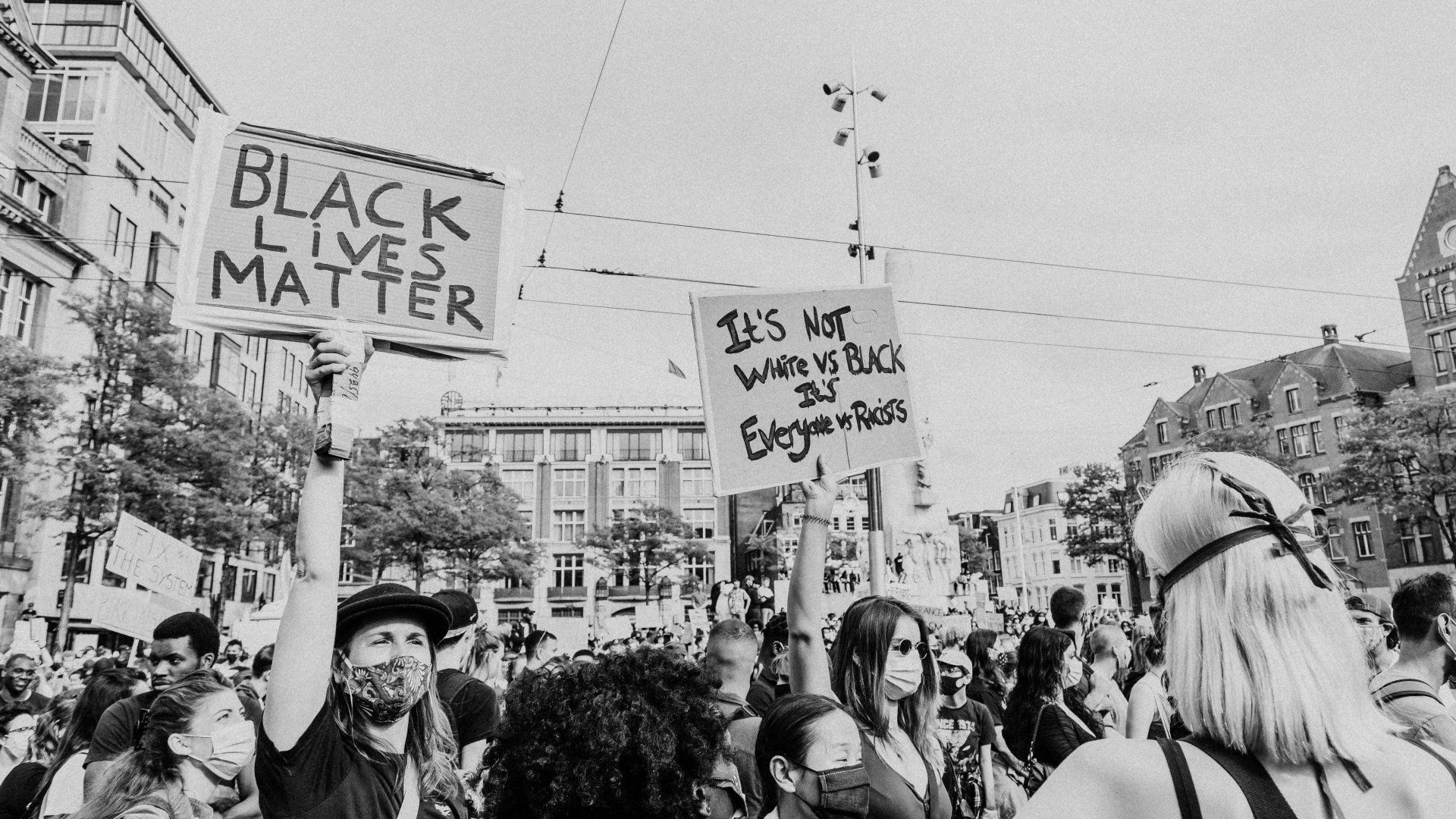The Intersection of Juneteenth and Cannabis
Honoring Freedom and Progress: Exploring the Intersection of Juneteenth and Cannabis
Juneteenth, a significant holiday commemorating the emancipation of enslaved African Americans, holds deep historical and cultural significance. It represents a pivotal moment in the fight for freedom, equality, and justice. As society continues to reflect on the impacts of systemic racism, it is essential to explore the intersection between Juneteenth and cannabis, acknowledging both the challenges faced by the African American community and the role cannabis plays in the pursuit of social equity, healing, and empowerment. In this blog, we'll delve into the relationship between Juneteenth and cannabis, highlighting the historical context, the ongoing struggles, and the potential for cannabis to contribute to positive change.
Historical Context:
The Legacy of Racial Injustice: Juneteenth serves as a reminder of the long history of racial injustice and the systemic oppression endured by African Americans. From slavery to Jim Crow laws and ongoing disparities, the African American community has faced profound challenges in their fight for equality and freedom.
Cannabis Prohibition and Disproportionate Impact: The history of cannabis prohibition in the United States is marred by racial bias. African Americans have been disproportionately affected by cannabis-related arrests and convictions, leading to disparities in the criminal justice system and hindering access to opportunities and resources.
Social Equity and Restorative Justice:
Addressing the Imbalance: The legalization and regulation of cannabis present an opportunity to address the historical injustices faced by marginalized communities, including African Americans. Social equity programs and initiatives aim to provide restorative justice by creating pathways for those disproportionately affected by cannabis prohibition to enter the legal cannabis industry.
Economic Empowerment and Entrepreneurship: Juneteenth and the cannabis industry intersect in the pursuit of economic empowerment and entrepreneurship. Through equitable business opportunities, mentoring, and access to resources, individuals from marginalized communities can actively participate in and benefit from the emerging cannabis market.
Healing and Wellness:
Cannabis as a Tool for Healing: Cannabis has been used for centuries for its potential therapeutic properties. In the context of Juneteenth, cannabis can serve as a tool for healing and well-being, providing relaxation, stress relief, and potential relief from physical and emotional burdens. It can also facilitate conversations around trauma, community healing, and self-care.
Holistic Wellness and Community Support: Cannabis-centric events and initiatives on Juneteenth can promote holistic wellness, including educational workshops, panel discussions, and access to resources related to cannabis cultivation, usage, and potential health benefits. These initiatives can foster community support, mental health awareness, and empower individuals to make informed choices.
Advocacy and Social Change:
Building Solidarity: Juneteenth celebrations provide a platform to raise awareness about the intersection of cannabis, social justice, and racial equity. Through educational sessions, panel discussions, and community engagement, individuals and organizations can amplify their advocacy efforts and build solidarity in the pursuit of meaningful change.
Collaboration and Allyship: The cannabis industry has an opportunity to actively collaborate with communities, organizations, and leaders in promoting social justice and equity. This collaboration can help dismantle barriers, increase access to resources, and advocate for comprehensive cannabis reform that addresses the historical disparities faced by marginalized communities.
The intersection between Juneteenth and cannabis represents a call to action for social equity, healing, and empowerment. By recognizing the historical context, embracing restorative justice, prioritizing holistic wellness, and engaging in advocacy, the cannabis community can contribute to positive change and stand in solidarity with the African American community. Juneteenth serves as a powerful reminder of the ongoing fight for freedom and equality, and the cannabis industry has a responsibility to actively address the legacy of racial injustice and support initiatives that promote social equity and uplift marginalized communities. Together, we can honor the spirit of Juneteenth and work towards a more inclusive and just society.
SHARE:
Disclaimer: The information provided in this article is for educational purposes only. The content is not intended to be a substitute for professional medical advice, diagnosis, or treatment. Always seek the advice of your physician or other qualified healthcare provider with any questions you may have regarding a medical condition. The use of cannabis, including smoking, may have potential health risks and may not be suitable for everyone. It is essential to understand and abide by the laws in your country or state regarding cannabis use. The author and publisher of this article are not responsible for any adverse effects or consequences that may result from the use of the information presented in this article. This blog is sponsored by
Fresh Mint.












